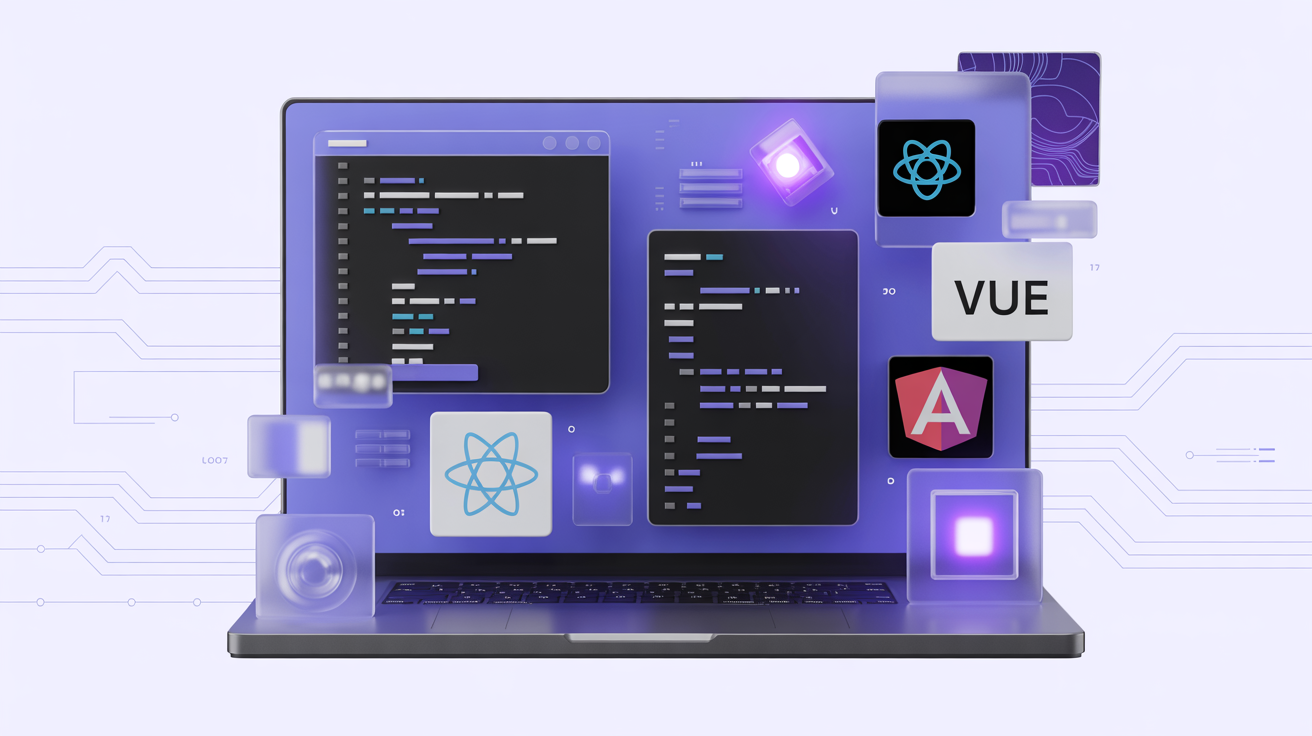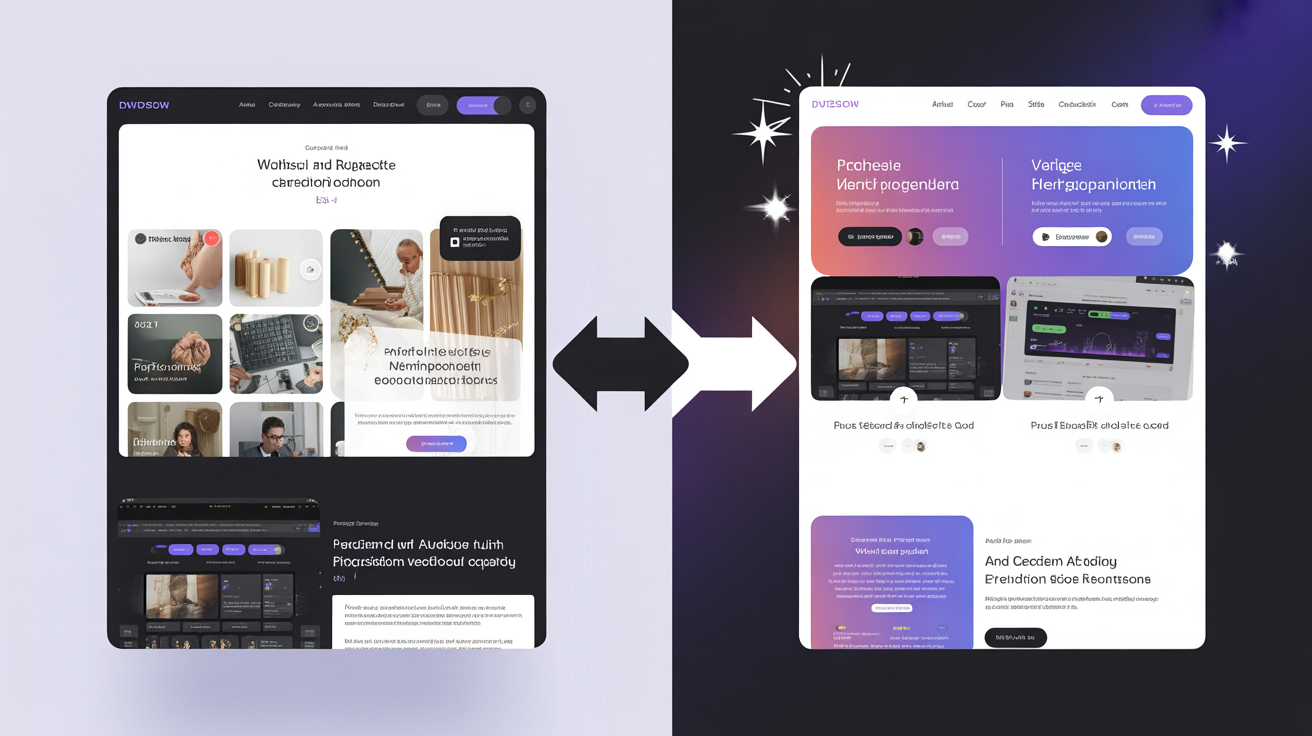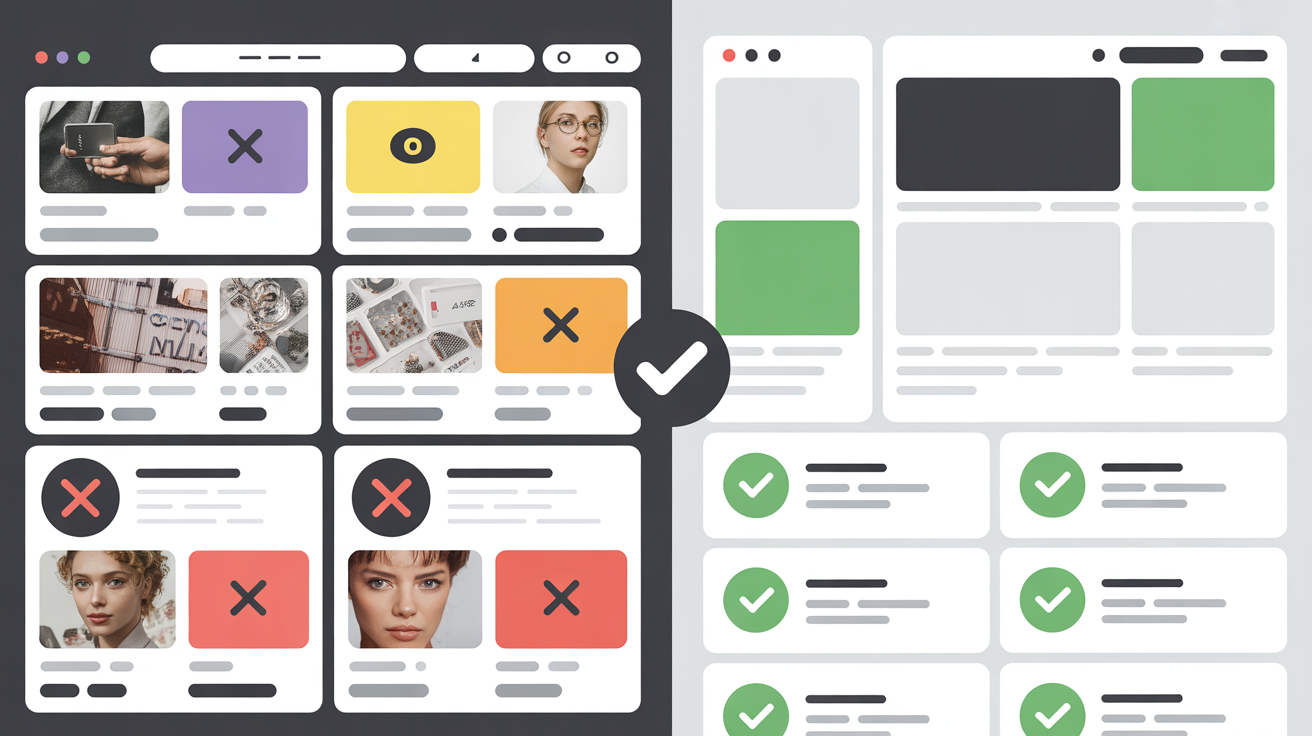Choosing the right web development framework is one of the most crucial decisions you'll make when starting a new web project. With so many options available in 2025, it's essential to understand what factors matter most for your specific needs.
Why Your Framework Choice Matters
The framework you choose will impact everything from development speed to long-term maintenance costs. It affects your team's productivity, your application's performance, and how easily you can scale in the future.
Key Factors to Consider
1. Project Requirements
Start by clearly defining what you need to build. Are you creating a simple marketing website, a complex web application, or an e-commerce platform? Different frameworks excel at different tasks.
- Static websites: Consider Next.js, Gatsby, or Hugo
- Single-page applications: React, Vue, or Angular work well
- Full-stack applications: Next.js, Nuxt.js, or SvelteKit are great choices
- E-commerce platforms: Next.js with Shopify or custom solutions
2. Team Expertise
Your team's existing skills should heavily influence your decision. While learning a new framework can be valuable, starting with familiar technology often leads to faster development and fewer errors.
Pro tip: If your team knows JavaScript well, frameworks like React, Vue, or Next.js will be easier to adopt than completely different ecosystems.
3. Performance Needs
Different frameworks have different performance characteristics:
- Server-side rendering (SSR): Better SEO and initial load times
- Static site generation (SSG): Lightning-fast performance
- Client-side rendering (CSR): Rich interactive experiences
4. Community and Ecosystem
A strong community means:
- Better documentation and learning resources
- More third-party libraries and plugins
- Easier to find developers
- Longer framework longevity
Popular Frameworks in 2025
Next.js
Next.js continues to dominate as the go-to framework for React developers. It offers the best of both worlds with SSR, SSG, and CSR capabilities, making it incredibly versatile.
Best for: Production-ready web applications, e-commerce sites, content-heavy websites
Vue.js with Nuxt
Vue.js remains popular for its gentle learning curve and intuitive API. Nuxt adds powerful features like SSR and automatic routing.
Best for: Teams wanting a balance between simplicity and power, progressive web apps
SvelteKit
Svelte takes a different approach by compiling components at build time, resulting in smaller bundle sizes and faster runtime performance.
Best for: Performance-critical applications, teams wanting to try something innovative
Angular
Angular remains strong in enterprise environments, offering a complete, opinionated framework with everything included.
Best for: Large enterprise applications, teams wanting a batteries-included solution
Making Your Decision
Here's a simple decision-making process:
- List your must-have features - What does your project absolutely need?
- Consider your timeline - How quickly do you need to launch?
- Evaluate your team - What technologies are they comfortable with?
- Test before committing - Build a small prototype with your top choices
- Think long-term - Will this framework still be maintained in 3-5 years?
Don't Overthink It
While choosing the right framework is important, remember that most modern frameworks are capable of building excellent applications. The "best" framework is often the one your team can work with most effectively.
"The best framework is the one that helps you ship quality products on time." - Development Best Practice
Need Help Choosing?
At Gizseo, we have extensive experience with all major web development frameworks. We can help you evaluate your options and choose the technology that best fits your project requirements and business goals.
Contact us for a free consultation to discuss your project and get expert recommendations.



